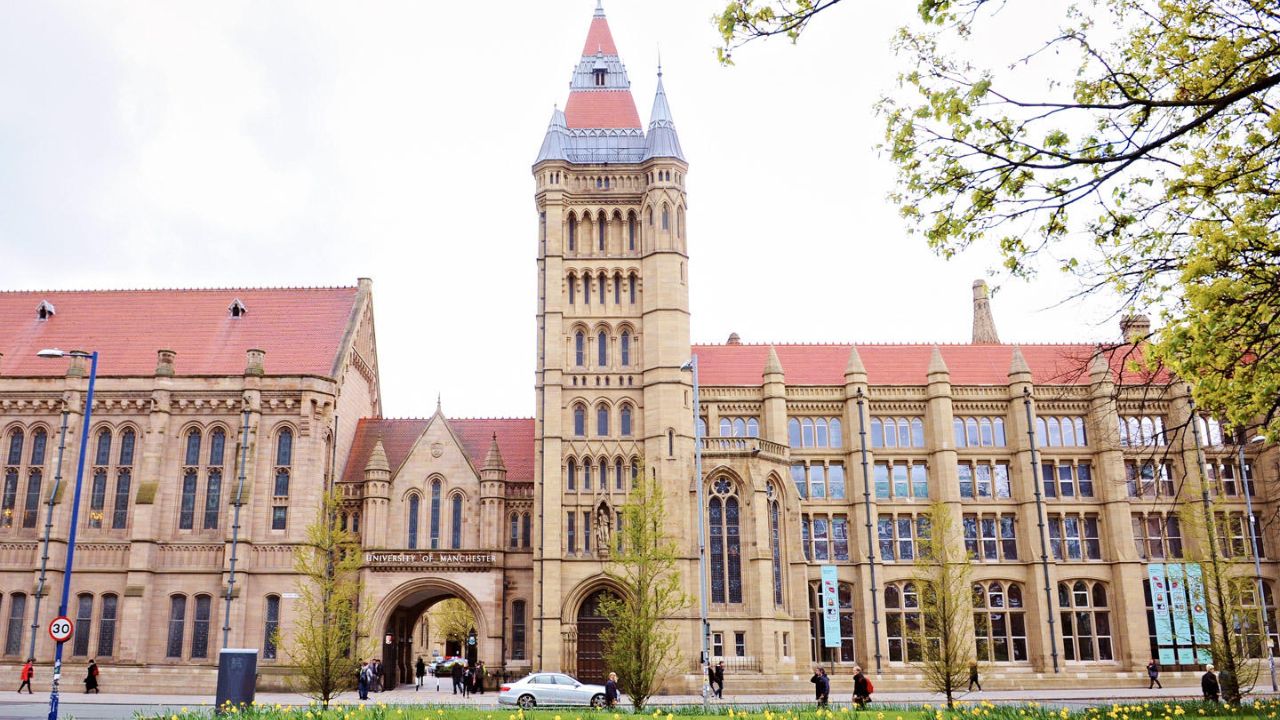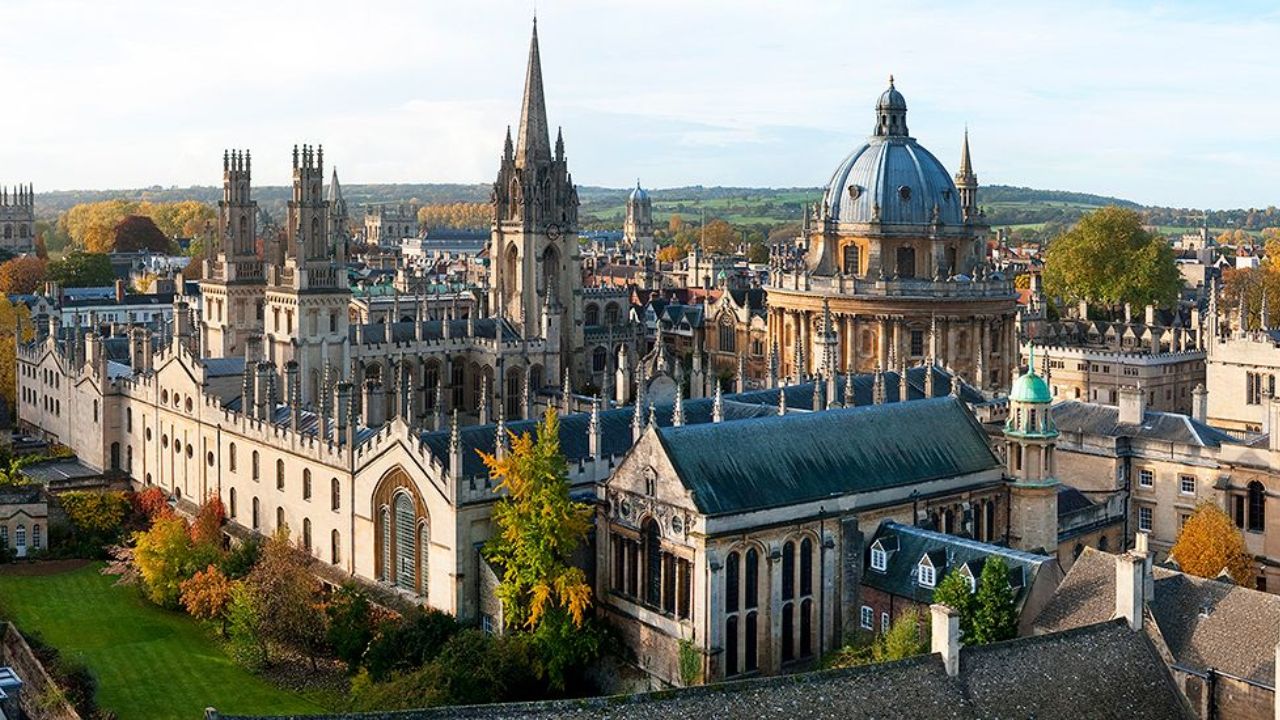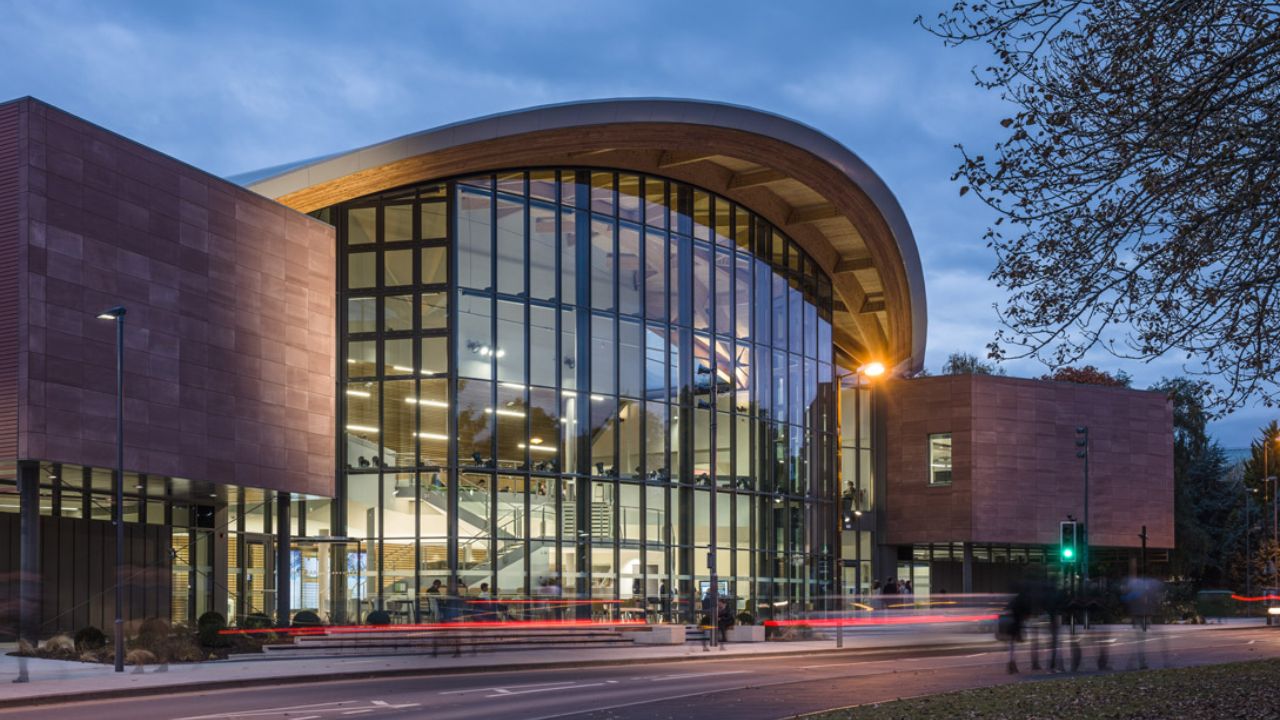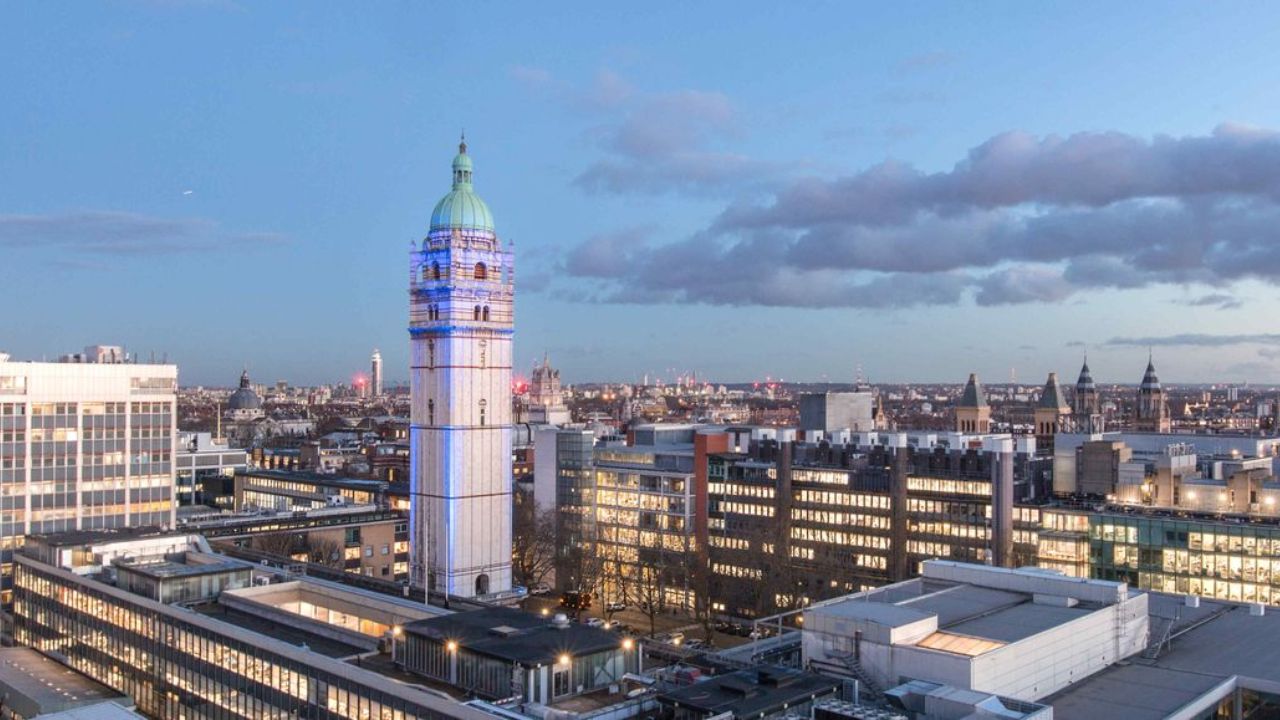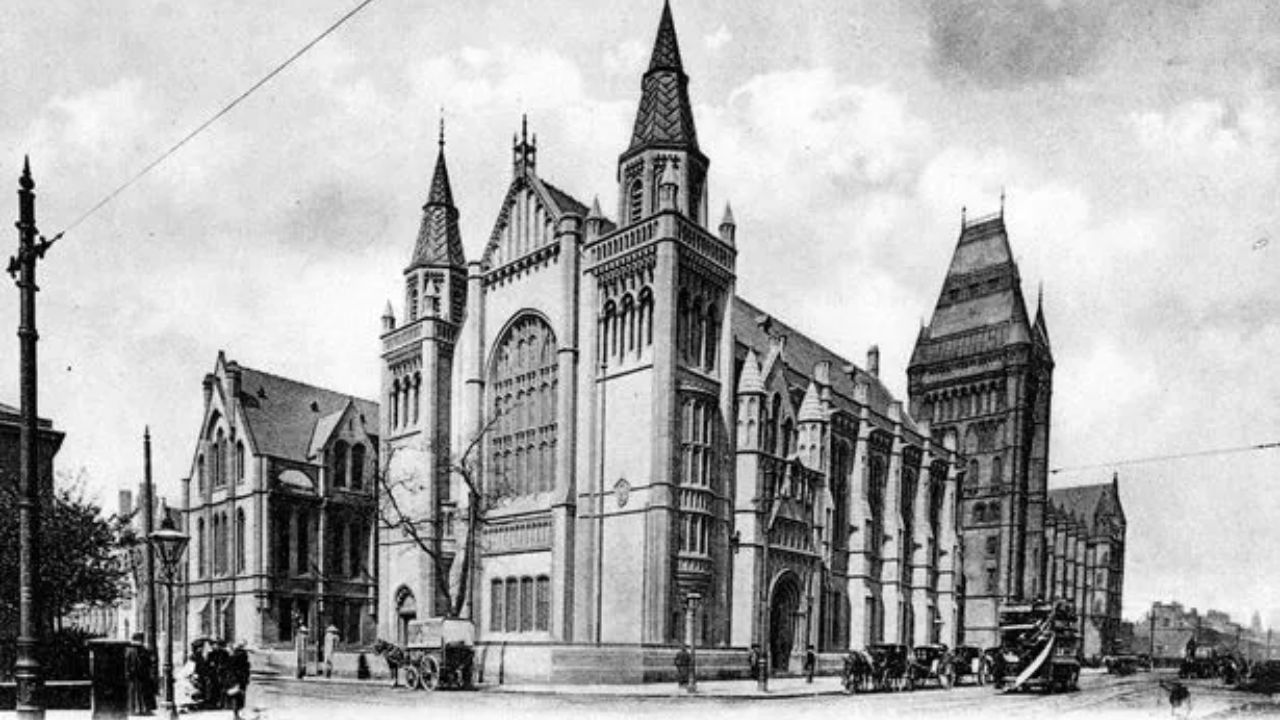
A brief history
The University of Manchester has a rich and storied history that dates back to 1824. It was originally founded as the Manchester Mechanics’ Institute, aiming to provide education and training to the working class of the city. Over time, it evolved and expanded its offerings, eventually becoming the University of Manchester in 2004 through the merger of the Victoria University of Manchester and the University of Manchester Institute of Science and Technology (UMIST).Today, the University of Manchester continues to be a world-class institution known for its academic excellence, research impact, and commitment to addressing global challenges. It offers a wide range of undergraduate and postgraduate programs across various disciplines, attracting students from all over the world. With a strong emphasis on interdisciplinary collaboration and a diverse and inclusive community, the university remains at the forefront of driving positive change and shaping the future.

